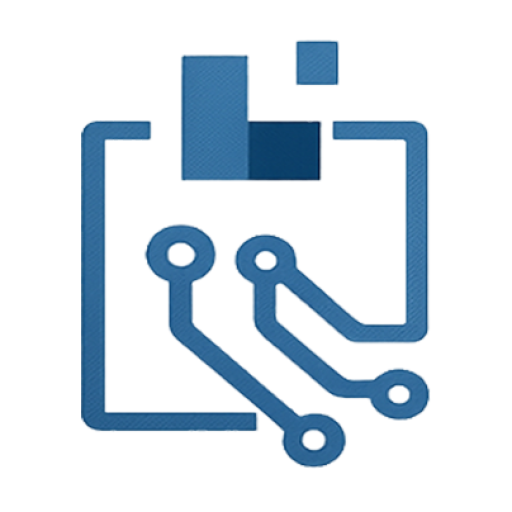



In today's rapidly evolving digital landscape, businesses face a critical choice between embracing DevOps methodologies or maintaining traditional IT infrastructure approaches. This decision is no longer just about technical preferences—it's about organizational survival and competitive advantage in an increasingly fast-paced market.
Traditional IT infrastructure has served businesses well for decades, with its clear separation of development and operations teams, established change management processes, and predictable (if somewhat slow) deployment cycles. This model provided stability and security but often at the cost of agility and innovation speed.
Enter DevOps—a cultural and technical movement that breaks down silos between development and operations, emphasizing collaboration, automation, and continuous delivery. DevOps practices enable organizations to deploy code more frequently and reliably, respond to market changes faster, and recover from failures more quickly.
The contrast between these approaches is stark. While traditional infrastructure typically involves lengthy approval processes, manual deployments, and infrequent releases, DevOps embraces automation, infrastructure as code, and continuous integration/continuous deployment (CI/CD) pipelines. The result? Companies implementing DevOps can deploy code hundreds or even thousands of times more frequently than their traditional counterparts, with significantly lower failure rates.
Security, once seen as a potential weakness in fast-moving DevOps environments, has evolved into "DevSecOps," where security is integrated throughout the development lifecycle rather than applied as an afterthought. This shift has actually improved security postures for many organizations, contradicting early concerns.

The business impact of adopting DevOps has been profound. Companies report dramatic improvements in time-to-market, product quality, and customer satisfaction. According to recent industry studies, high-performing DevOps organizations experience 208 times more frequent code deployments and 106 times faster lead time from commit to deploy compared to traditional IT setups.
However, the transition isn't without challenges. Organizations must navigate cultural resistance, skill gaps, and the complexity of modernizing legacy systems. Success requires not just new tools but a fundamental shift in mindset and processes.
At Polisoft, we've guided numerous clients through this transformation, helping them balance innovation with stability. We understand that the journey to DevOps is unique for each organization, requiring a tailored approach rather than a one-size-fits-all solution.
As we look to the future, it's clear that DevOps isn't just taking over—it's redefining what's possible in IT infrastructure. Organizations that embrace this revolution position themselves to thrive in an increasingly digital world, while those that cling to purely traditional approaches risk falling behind.
The question is no longer whether to adopt DevOps practices, but how quickly and effectively you can integrate them into your organization's DNA. The revolution is here—are you ready to join it?


W szybko zmieniającym się świecie technologii wiedza i wyczucie czasu są wszystkim. W Polisoft nie tylko rozumiemy obecny krajobraz — przewidujemy, co będzie dalej. Nasza wiedza specjalistyczna pozwala nam przekształcać pomysły w potężne rozwiązania, które napędzają Twój biznes.

Mając rękę na pulsie innowacji, jesteśmy gotowi urzeczywistnić Twoją wizję. Niezależnie od tego, czy chcesz usprawnić operacje, poprawić doświadczenia klientów, czy zrewolucjonizować swoją branżę, mamy wiedzę i umiejętności, które pomogą Ci odnieść sukces.
Po prostu wiemy. Teraz sprawimy, że to się stanie.